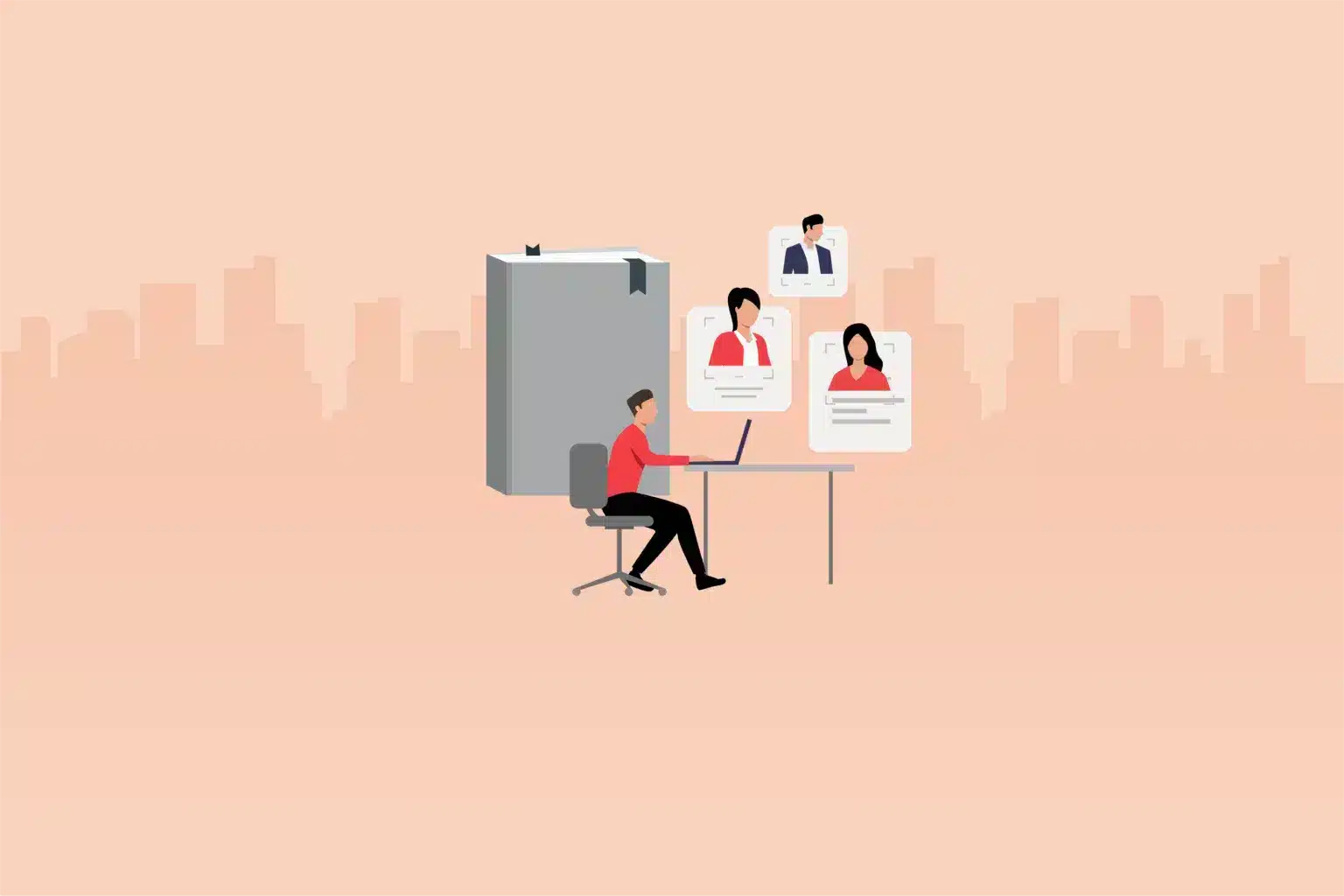Remote skill assessments are the best product to use when assessing a candidate’s on-the-job skills accurately and quickly. According to SHRM, 78 per cent of HR professionals say the quality of their organization’s hires has improved due to their use of assessments. But with great power comes greater responsibilities, meaning recruiters must use this tool carefully.
In this blog, we will take a look at the 5 common mistakes to avoid using skill assessments.
Poor choice of skill assessments
When creating an assessment for a job role, recruiters should always add only relevant skill sets in the assessment. It may sound like a no-brainer, but sometimes, this mistake can completely ruin your candidates’ experience in the assessment process. For example, as a recruiter, you are creating an assessment to assess social media marketers. Still, in the assessment, you add a conflict resolution skill test or a coding skill test. Now, when the candidates take the test, they will not be able to perform well, which will ultimately bring your total recruitment effort to zero.
This mistake can be easily avoided by paying close attention to details. Now, with the merge of talent acquisition and AI, a recruiter only needs to mention the job role in a skills assessment platform like Testlify. Then, automatically, they’ll see only relevant skills regarding that particular job role.
Bad candidate experience
Crafting a positive candidate experience in skill assessments is crucial in attracting and retaining top talent. Often, companies overlook this, focusing solely on the assessment itself, not its delivery or format. A negative experience during the assessment can discourage even the most qualified applicants, leading them to leave the process or form a poor impression of the company publicly.
The best way to enhance candidate experience is by ensuring the assessment isn’t overly lengthy or complex. Candidates appreciate tests that respect their time and effort. Extended assessments can be tiring, causing unnecessary stress and potentially unmotivating to skilled individuals. Simplicity and clarity in instructions and questions are not just expected; they reflect the company’s values and approach to potential employees.
Interactive and engaging formats can also elevate the experience. Incorporating real-world scenarios or gamified elements makes the process more enjoyable and less intimidating. Opting for a skills assessment platform like Testlify will give you complete control of setting the test durations and complexities.
Ignoring cultural fit skill
When discussing skill assessments in the hiring process, one critical element often ignored is assessing a candidate’s cultural fit skill. Getting caught up in evaluating technical skills and professional experience is easy, but understanding how a candidate aligns with the company’s values and work environment is equally vital. Culturally fit candidates also show equal respect toward adopting diversity and inclusion measures in the workplace.
Ignoring cultural fit can create a massive mismatch between the employee and the company. Imagine a scenario where a highly skilled candidate excels in their technical assessment but struggles to blend in with the team dynamics or the company’s work ethos. This misalignment can cause decreased job satisfaction, reduced productivity, and a high turnover rate.
Not utilizing data-driven decision-making
Using data analytics in skill assessments introduces an objective lens, going beyond biases to focus on concrete, measurable competencies. By analyzing assessment data, employers can identify patterns and insights that might be overlooked in a purely subjective evaluation. This approach not only enhances the fairness of the hiring process but also significantly improves the quality of hires.
Data-driven decision-making ensures that candidates are evaluated based on their skills and potential to succeed in the role. It supports a more inclusive hiring process by giving all candidates an equal opportunity to demonstrate their capabilities regardless of their background.
Incorporating data analytics into skill assessments can be easy with a skill assessment platform like Testlify. Right after the candidates finish tanking their assessments, recruiters can see exactly how each candidate performed based on raw data and make decisions.
Overlooking the power of feedback
Imagine you’re a candidate who has just completed a challenging assessment. You’re curious, maybe even anxious, about how you did. Now, picture this: silence. No feedback, no insights. That silence can be disheartening, right? That’s precisely why feedback is so important.
Feedback after a skill assessment isn’t just an expectation; it’s a powerful tool that shapes a candidate’s experience in the assessment process. It shows that you value their time and effort, regardless of the outcome. When candidates receive constructive feedback, they feel respected and acknowledged. This approach doesn’t just benefit the candidates; it reflects positively on your company’s brand. Candidates are likely to share their positive experiences with others, enhancing your reputation as an employer.
Using Testlify as your talent assessment tool also allows you to redirect the candidate to any external page at the end of the assessment. Recruiters can creatively approach this opportunity and redirect candidates to a feedback form where candidates can fill out their experiences regarding the assessment and ask for mutual feedback from the recruitment team as soon as possible.
Conclusion
In conclusion, skill assessments are easy and convenient, but using them carefully requires little attention to detail skills. Avoiding common mistakes in skill assessments, such as bad candidate experience, ignoring cultural fit skills, and not understanding the importance of feedback, can significantly enhance the value of these assessments. Remember, the goal is not just to identify the most skilled candidates but to do so in a way that enriches your company culture, strengthens your employer brand, and respects the time and effort of each applicant.
Testlify: Hire the best talent. Choose from over 1400+ on-the-job skill tests to create assessments that help you streamline your hiring process. Sign up now and enjoy your free trial with us. Want to take a closer look at our product? Schedule a 30 minute demo call now.








